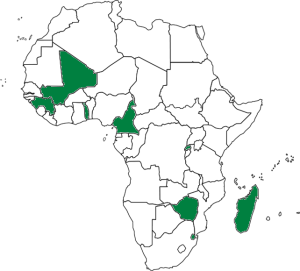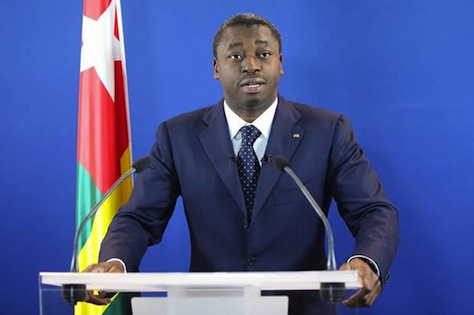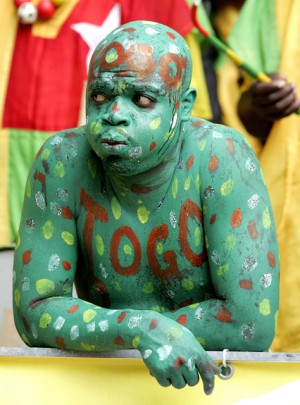
In the next three months, eight sub-Saharan African countries will go to the polls to elect a new president and/or parliament, a relative blitz that will not only highlight the region’s growing, if fragile, democratic institutions, but will call attention to many unique issues facing sub-Saharan Africa: unequal and unsteady growth rates, the role of Islamic jihad and security, improving health outcomes, the rule of law and governance standards, and further development of vital infrastructure.
Between July 21 and September 30, voters in countries with an aggregate population of around 100 million are scheduled to cast ballots, though of course not all elections are created equal — or conducted on incredibly equal ground. In some countries, such as Guinea and Togo, it will be a success if the elections actually take place as planned; in other countries, such as Swaziland and Cameroon, elections will be essentially a sideshow of powerlessness. In Zimbabwe, where longtime president Robert Mugabe (pictured above) is seeking yet another term after 33 years in power, and in Madagascar, where voters will choose a new president and legislature after a problematic 2009 coup and a four-year interim government, the vote could herald once-in-a-generation leadership transitions.

Here’s the rundown, in brief:
Togo: July 25
Togo, a small west African nation of 7.15 million people, is scheduled to vote for a new parliament, despite the fact that elections have been cancelled twice — first in October 2012 and again in March 2013. There’s no guarantee that elections this month will actually go forward, either. While the government and opposition have apparently now reached a deal to hold elections later this month, the composition of the electoral commission remains a major open issue.
Togo’s president, Faure Gnassingbé, took office in 2005 with the support of the country’s military following the death of his father, Gnassingbé Eyadéma, who had served as Togo’s president since 1967. Despite winning election in presidential votes in 2005 and 2010, he’s seen as somewhat of an authoritarian leader and his party, the Rassemblement du Peuple Togolais (RPT, Rally for the Togolese People) dominates the unicameral Assemblée nationale, holding 50 out of 81 seats. Unlike its neighbors, there’s neither a Christian nor Muslim majority in Togo — out of every two Togolese adheres to indigenous beliefs, though one-third of its residents are Muslim and one-fifth are Christian.
Continue reading Eight sub-Saharan African elections within nine weeks highlights region’s fragile democracy →
![]()



